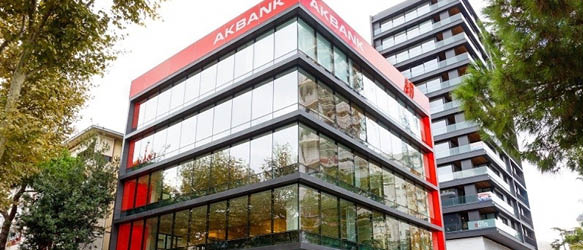The first thing that comes to mind when discussing the tax system in Bosnia and Herzegovina is the complexity of the regulations governing the practical implementation of tax laws. This complexity stems from constitutional provisions that regulate the jurisdiction of institutions at the level of Bosnia and Herzegovina, entities, or even cantonal authorities. Therefore, for a better understanding, it is essential to make a clear distinction between direct taxes (income of individuals, profit of legal entities, property) and indirect taxes (VAT, excise taxes).
VAT is regulated by legislation adopted by the legislative body of Bosnia and Herzegovina, and it is applied and monitored uniformly throughout the territory of Bosnia and Herzegovina by the competent administration authority – the Indirect Taxation Authority. The tax system in Bosnia and Herzegovina is specific and single-rate. The VAT rate is 17% of the tax base for all taxable goods and services. According to the Law on Value Added Tax of Bosnia and Herzegovina, a taxpayer is only an entity that has a turnover exceeding BAM 50,000 in one year. There is an intention and initiative by economic entities operating in Bosnia and Herzegovina to increase this threshold for becoming VAT taxpayers, but authorities have not yet made a decision on this request.Nevertheless, the Law on Value Added Tax in Bosnia and Herzegovina exempts certain transactions from paying VAT, such as activities in the public interest, financial and monetary services, certain cases of imports and exports of goods, international transport, and specific exemptions determined by law.
Last year, the legislative body adopted amendments to the Regulation on the Implementation of the VAT Law, allowing exemptions from paying this tax obligation related to activities in free economic zones. The amendments pertain to (a) an exemption from paying VAT for the use of goods (except for energy sources such as electricity and gas) in free zones for the production and/or further sale of goods intended for export from B&H; (b) an exemption from paying VAT on equipment, machinery, and tools used in free zones for the production and/or further sale of goods intended for export from Bosnia and Herzegovina; and (c) an exemption from paying VAT for all services provided to users of free zones directly related to the import of goods into free zones and the construction of facilities intended for activities in free zones.The aforementioned regulation was necessary because the law on VAT imprecisely and ambiguously regulated the treatment of goods/services in free zones and the performance of activities in such specific zones.
Direct taxes are regulated at an entity level (Republic of Srpska and the Federation of Bosnia and Herzegovina) and there are differences in the tax treatment of income among them. In all three entities, the tax rate for income tax and profit tax is 10% of the tax base. The proper application of the provisions of the Income Tax Law or Profit Tax Law is monitored by the Tax Authorities of the entities or the Brcko District of Bosnia and Herzegovina.
Property tax and real estate transfer tax are regulated at the cantonal level in the Federation of Bosnia and Herzegovina, while in the Brcko District of Bosnia and Herzegovina and in the Republic of Srpska, only property tax exists, and real estate transfer tax is not regulated. Therefore, properties in these areas are transferred tax-free except in the case of the purchase of newly constructed buildings, where there is an obligation to pay VAT at the aforementioned rate. In the Federation of Bosnia and Herzegovina, the real estate transfer tax rate ranges up to 5% for taxable transactions.
The tax system in Bosnia and Herzegovina is relatively favorable compared to tax rates prevalent in Europe and elsewhere, considering the income that taxpayers are not obligated to pay tax on.
It should be noted that in Bosnia and Herzegovina, there is no tax on dividend income, regardless of whether the recipient of such income is a natural or legal resident. On the other hand, a withholding tax on dividend income earned in the Federation of Bosnia and Herzegovina or the Republic of Srpska must be paid by non-resident taxpayers. There is no such obligation in the Brcko District of Bosnia and Herzegovina.
There are differences in the entity tax laws and the tax law of the Brcko District of Bosnia and Herzegovina concerning the determination of income/expenditures as well as allowances. Consequently, despite the same tax rate, the economic burden on taxpayers, considering different rules for determining the tax base, is not the same throughout the territory of Bosnia and Herzegovina.
By Adi Ibrahimovic, Managing Partner, and Leila Salijevic, Attorney at Law, Ibrahimovic & Co

















